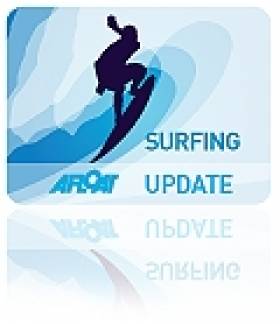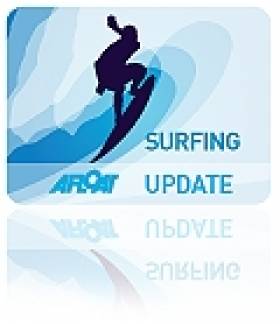Displaying items by tag: Stuart Butler
#Surfing - An Irish surfer who went missing off the east coast of Australia last summer underestimated the dangerous conditions, an inquest has heard.
As previously reported on Afloat.ie, Stuart Butler was swept out to sea in a rip current while surfing with friends near Tallow Beach, south of the Gold Coast in New South Wales on 19 July. His body has not been found.
According to ABC News, neither Butler nor his friends were experienced surfers, and the survivors told the inquest that they did not appreciate the dangers till they had already paddled out.
"[Butler] was pretty panicky, had frozen up a bit... was pretty scared to be honest," said Michael Fuller, who himself was found by rescuers on rocks at the base of Cape Byron with minor injuries.
ABC News has more on the story HERE.
#Surfing - The family of an Irish surfer in Australia who went missing after he and two friends were pulled out to sea by a rip current have expressed their hope that he will be returned to them.
As previously reported on Afloat.ie, the incident prompted a major search and rescue effort in treacherous conditions off Tallow Beach on Byron Bay, south of the Gold Coast in New South Wales last Saturday morning (19 July).
The missing man has since been named by Independent.ie as 20-year-old Stuart Butler from Santry, who had joined two friends, Levi Fahrenholtz (25) from the US and Mike Fuller (19) from England to go boarding at the popular surfing spot.
Fuller managed to reach nearby rocks when the rip current pulled them away from the beach, and Fahrenholz was later rescued after he was swept around Cape Byron, but all trace of Butler's whereabouts was lost.
The North Dubliner is officially listed as a missing person, though it's been confirmed that the search effort is "now a body recovery operation".
Independent.ie has more on the story HERE.






























































